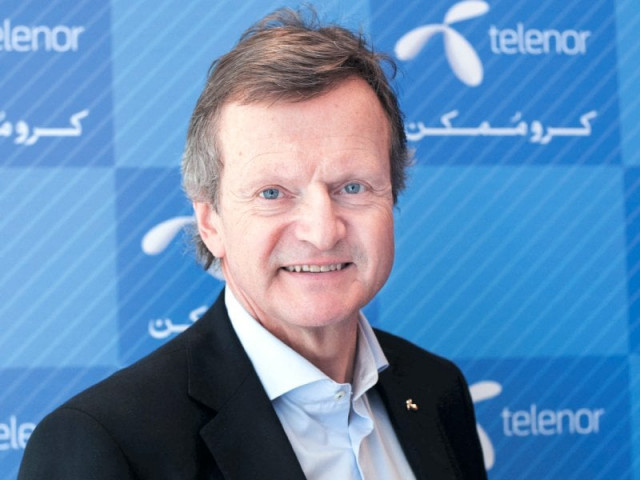
Telenor Group, the Norwegian telecom giant with global operations in 12 markets, recognises its Pakistani subsidiary as a profit-making and sustainable company, according to the group’s chief.
“We are satisfied with the investment period we have been in Pakistan,” President and CEO of Telenor Group Jon Fredrik Baksaas said in an exclusive interview with The Express Tribune at Serena Hotel on Friday. “We have evolved from incurring losses in the first five years, to a profit-making, tax-paying and sustainable entity.”
Baksaas said this while responding to a question about Telenor Pakistan’s standing among their global operations.
The local arm of the European cellular giant constitutes a fifth, 32 million, of its total subscriber base that has crossed 160 million.
In terms of revenues, Telenor Pakistan contributed $915 million, close to 5%, in the group’s global sales of $19 billion, according to the financial results of 2012 – higher than $601 million contributed in the same period by the group’s operations in India, a much bigger market than Pakistan.

The aforesaid numbers perhaps best explain the company’s long-term interest in the Pakistani market. What further signifies the country’s importance for Telenor Group is Baksaas’s latest visit – his fourth – to Pakistan just when the country is about to hold the spectrum auction for next-generation mobile internet services.
“This is an important moment where the government is setting a framework for participating in the third-generation (3G) mobile spectrum auction,” Baksaas said. The country is entering the next layer of telecoms, he said. “Telenor, as a long-term player, wants to engage and understand the [auction] process before it commits to it.”
In his brief but important visit, Baksaas met top government officials including Finance Minister Ishaq Dar, Pakistan Telecommunication Authority Chairman Ismail Shah and President of Pakistan Mamnoon Hussain to convey the company’s concerns and reservations about the spectrum auction.
Summarising his meetings with the government officials, Baksaas said the government should look for a proper balance between spectrum price and the long-term benefits of the country as well as the industry’s capacity to invest in the infrastructure.
The government is setting up a transparent process and Telenor can raise its point of view when they are in the final stages of the auction process , Baksaas said.
Selling more spectrum than the current 30MHz, increasing the licence duration from 15 to 20 years were some of the suggestions he gave to the government.
Talking about the taxation rate on the telecom sector, Baksaas acknowledged the high tax rate and said they were debating the level of taxation over time. “If the level of taxation comes out too high, investments will be done in other markets rather than in Pakistan,” he said.
Baksaas said he was hopeful the government would consider the industry’s views while finalising the auction policy. He, however, added that after the final package is out, Telenor and other operators would view the potential for business and decide whether to participate or not.
The Telenor Group has invested $2.3 billion in the country but Baksaas didn’t give any numbers on how much they plan to invest in future. “The market structure and growth will decide both the speed and volume of the investments going forward,” he said.
It may be added here that Baksaas had told a group of Pakistani journalists in the company’s headquarters last year that if the government can strike the right balance between the license fee and the industry’s capacity to invest, the country could be looking at $5 to $10 billion in investment over the next five to eight years from the five players operating in the country.
Questioned about the government officials’ response to his suggestions, he said, “This government has a clear policy to create investor friendly conditions. It should be possible to converge towards a solution for both the licence process and price level in weeks to come.”
Published in The Express Tribune, January 21st, 2014.
Like Business on Facebook, follow @TribuneBiz on Twitter to stay informed and join in the conversation.
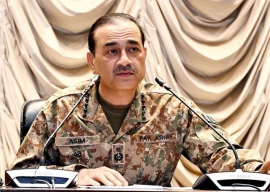
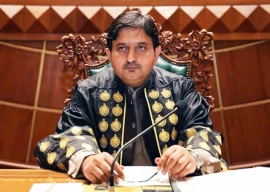





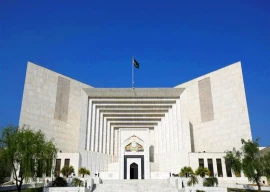
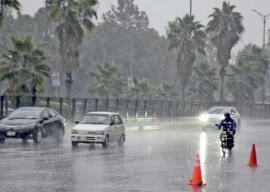
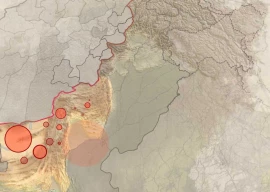


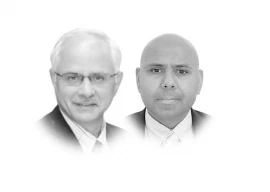




COMMENTS
Comments are moderated and generally will be posted if they are on-topic and not abusive.
For more information, please see our Comments FAQ